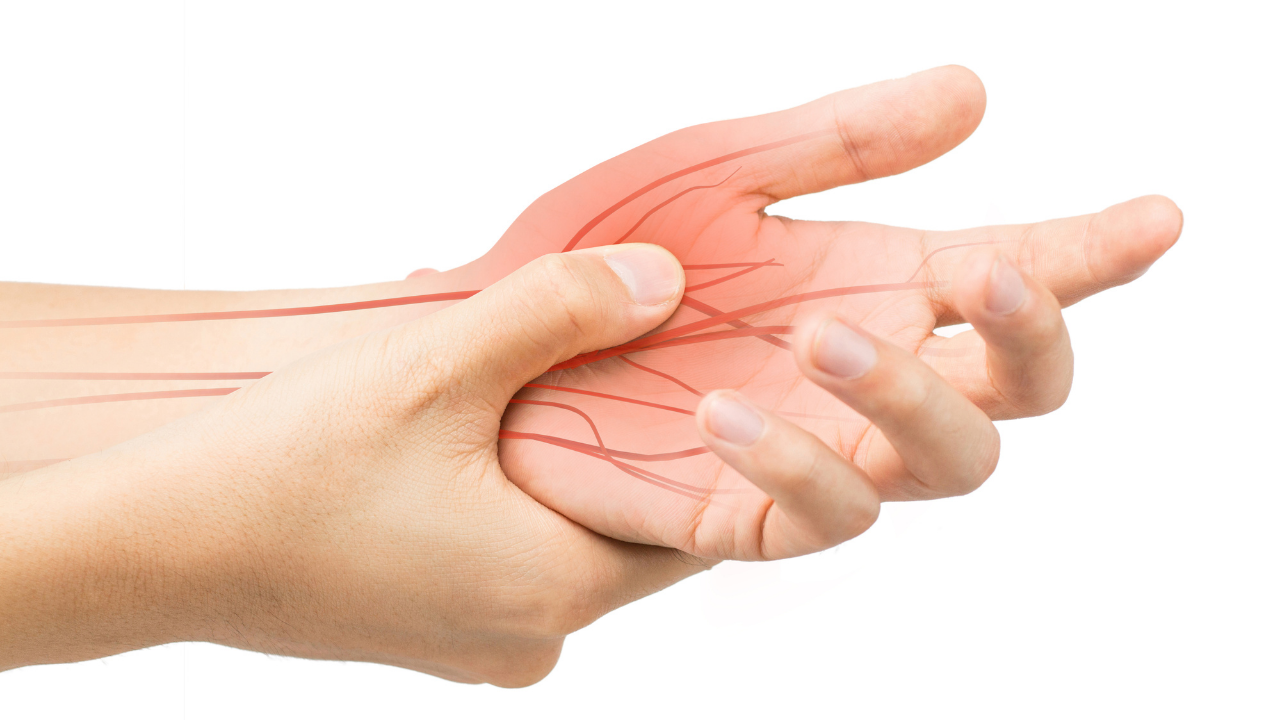By Dr. Sean M. Wells, DPT, PT, OCS, CNPT, ATC/L, CSCS, NSCA-CPT, Cert-DN
Peripheral nerve injuries are coming conditions that doctors of physical therapy (PTs) treat. Some common peripheral nerve injuries include sciatic nerve damage, Saturday Night Palsy, drop foot, carpal tunnel, and cervical radiculopathy. Typical physical therapy treatments include nerve mobilizations, electrical stimulation, dry needling, and therapeutic exercise. What if we as PTs could include diet to help accelerate the healing and restore function sooner?
A recent Nature publication examines the use of intermittent fasting specific for sciatic nerve injury in mice. Intermittent fasting is a unique dietary intervention that focuses on a period of fasting with a period of eating as much food as you would like. The researchers took the mice and induced physical trauma to the sciatic nerve. Half of the mice underwent intermittent fasting (by eating as much as they liked followed by not eating at all on alternate days), while the other half were free to eat with no restrictions at all. These dietary prescriptions continued for a period of 10 days or 30 days before their operation, and the mice’s recovery was monitored 24 to 72 hours after the nerve was severed.
The mice on the intermittent fasting diet had 50% more neuron regrowth than the mice on the control diet. This is a significant difference both statistically and clinically. Authors of the study cite that the neuronal regrowth is likely due to gut microbiome changes promoting the release of a compound called indole-3-propionic acid (IPA). IPA isn’t just an acronym for your favorite beer: it is essential in nerve regeneration by modifying neutrophil aggregation.
Obviously we need to see human trials before such dietary interventions become mainstay treatments for peripheral nerves. Other limitations include the short recovery window analyzed and the fact that the mice were already on the diets prior to injury. Despite these limitations, the implementation of intermittent fasting is not arduous and many people are actually implementing it in a similar fashion using time-restricted feeding (e.g. 16/8 diet). Physical therapists could consider recommending a patient restrict their feeding time to an 8-hour window during the day, with fasting the remaining portion of time (obviously with 8 hours of sleep this isn’t too bad), during an annual PT physical. This would address the need to “get ahead” of an peripheral nerve injury. PTs could also refer patients with peripheral nerve injury to registered dietitians with a goal of putting them on a fasting one day and eating one day diet. Imagine the potential recovery of a patient improving their muscle function and sensation 50% faster than our usual care?!
Intermittent fasting has robust data in reducing chronic diseases, lowering body mass index, and improving overall health. It certainly is a useful tool for many conditions, and may prove to be very useful for neural regeneration in many areas of the body – more to come hopefully in the next few years!
- NEW - Online Discussion Group
- Live cases
- webinars
- lecture
- Live Q&A
- over 600 videos - hundreds of techniques and more!
- Check out MMT Insiders








.png)










Post a Comment
Post a Comment